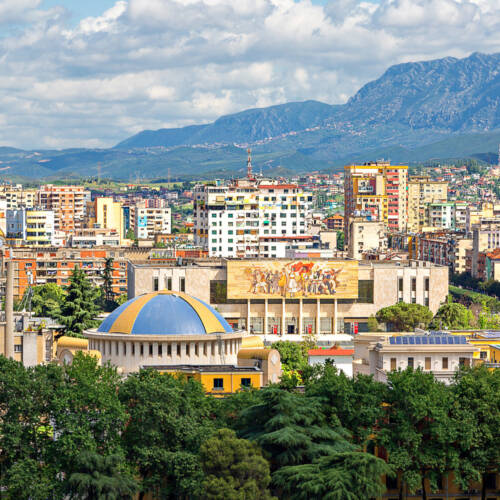
The Perceptual Paradox of Social Platforms
04 Aug 2023In the modern age of technology, it is becoming increasingly apparent that people invest a lot of their leisure time on social media platforms. Numerous opportunities to interact, communicate, and share our lives with others are provided by these online platforms. However, as our reliance on social media increases, a concerning inclination has come to light: the preference for virtual contacts over in-person encounters. The trend has grown to be so prominent that it has even interfered with the urge for survival that is fundamental to human nature as well as the notion of altruism within communities. This article explores the causes of this phenomena and its possible effects it has on our generation.
“The instinct to survive is human nature itself, and every aspect of our personalities derives from it”
(Robert A. Heinlein)
As we live in an advanced world revolving around the progression of technology. The culture of documenting and sharing rare experiences has been established within our communities, even when it may cause danger, in order to immortalize these unfortunate events. Therefore, the idea that many people would attempt to document perilous and dangerous circumstances rather than listening to their core instincts of survival is very feasible. These occurrences, in return, invite enquiries about what specifically motivates people to risk their lives to document these unfortunate experiences. One of the biggest factor as to why people may want to do this would be because the video could potentially act as a document that could preserve the even for future generations, which offers insight and gives people the advantage of hindsight in order to identify patterns or mistakes that could’ve lead to any unfortunate events in the past.it is also imperial evidence of the evidence actually happening and could help verify the location, witnesses and participants and various information. Mark Zuckerberg, the creator of Facebook (one of the most momentous social media platforms in history), also clarified that social media has a positive impact for building relationships but has the opposite effect if “you are just sitting there and consuming stuff.”
Another reason why many people may act of such dangerous stunt could be due to the fame culture created and advertised by social media, Viral videos can proliferate quickly in the 21st century, grabbing the attention of millions of people everywhere. Some people may put more emphasis on collecting and sharing exciting or alarming content in the hopes that it will go viral and receive an abundance of publicity, shares, and likes. Many people would be prepared to face serious dangers in order to record a captivating or exhilarating video in the hopes of attracting viewers, followers, and eventually, even fame. Statistics present that only 1% of posts/videos go viral, and although that would be a considerable amount of posts due to the popularity of social media, many people are risking their lives for something that could be deemed improbable much less guaranteed.
In conclusion, whilst technology enables us to record and share eventful memories, it is crucial to balance preserving history with the individual’s safety. People can make more informed decisions in dangerous situations if responsible behaviour is encouraged, and a better understanding of the potential risks connected with prioritizing recording over self-preservation is promoted.













